Kenya’s Trade and Investment Cabinet Secretary, Rebecca Miano, has encouraged Toyota Tsusho Corporation, a Japanese conglomerate, to increase the production of spare parts in Kenya.
This call came as the CS signed significant agreements with the Japanese vehicle manufacturer, highlighting their mutual interest in expanding local markets.
Read also: Kenyan logistics startup Sendy shuts down
Leveraging Strategic Partnerships for Growth
CS Miano emphasised the strategic importance of collaborating with Kenyan counterparts to develop the necessary capacity for the local manufacturing of components. This capacity enhancement aims to support the company’s assembly facility in Kenya, enabling it to target the broader African market under the African Continental Free Trade Agreement (AfCFTA) and other markets.
The CS’s remarks were made during a meeting with top management representatives of the Toyota Tsusho Corporation. This meeting took place on the sidelines of the G7 Session of Trade Ministers in Sakai, Osaka, Japan.
Fostering Kenya’s Position as an Automotive Hub
The meeting between the Kenyan government and Toyota Tsusho Corporation resulted in the development of a National Automotive Policy. This policy is designed to position Kenya as the preferred destination for the automotive industry.
In response to emerging industry trends and Toyota Tsusho’s input, it was agreed that the ongoing development of automotive bills and regulations would involve close consultation with industry stakeholders.
The meeting celebrated Kenya’s achievements as an automotive assembly hub for the African region, attributed to skilled manpower and available assembly facilities. It was decided that Toyota Tsusho Corporation would continue collaborating with the Kenyan Ministry of Investments, Trade, and Industry to further their business interests in the African region for the mutual benefit of both countries.
A Focus on Sustainability and Technology
The meeting also underscored the need to expedite the finalisation of automotive bills and regulations, which will address End of Life Vehicle (ELV) recycling for used cars and batteries. This initiative aims to alleviate the growing problem of discarded vehicles, with over 70,000 currently in junkyards.
Furthermore, the meeting supported efforts to reduce the age of secondhand vehicles allowed into Kenya, expecting this to boost demand for new vehicles, thereby supporting local assembly and increasing job opportunities.
CS Miano highlighted the growing automotive industry in Kenya but pointed out the need for the local manufacturing of parts and components to catch up with industry demands, both in terms of technology and volume. This would require support from original equipment manufacturers (OEMs).
Increasing local content is a critical step towards enabling the automotive industry to meet market access criteria in the region, especially regarding rules of origin.
Advancing Electric Vehicles and Energy Efficiency
The meeting also discussed the development of electric vehicles (EVs) and agreed on the need for supportive infrastructure, such as local manufacturing of energy-efficient batteries and charging systems. This infrastructure aims to make EVs more accessible and convenient for use.
To make EVs affordable, the meeting suggested providing incentives through reduced duties on electric and hybrid vehicles.
The meeting acknowledged the financial difficulties experienced by the Kenya Vehicle Manufacturers (KVM), one of Kenya’s local automotive assembly facilities. Toyota Tsusho, as a key industry stakeholder, expressed its commitment to supporting KVM.
In addition, the Toyota academy plans to expand its training and capacity development programs to enable more Kenyan youth to engage in viable businesses that align with emerging industry trends.
The meeting also addressed the concerns regarding the disorganised and unsafe behaviour of boda boda operators in Kenya, which has resulted in accidents and injuries. The Toyota Tsusho Corporation, under its Corporate Social Responsibility (CSR) initiatives, was encouraged to intervene and organise the boda boda sector to ensure the safety of Kenyan consumers.
This engagement between the Kenyan government and Toyota Tsusho Corporation signifies a commitment to advancing the country’s automotive industry and promoting sustainability, technology adoption, and local manufacturing of auto components and parts. The goal is to position Kenya as a key player in the regional automotive market.
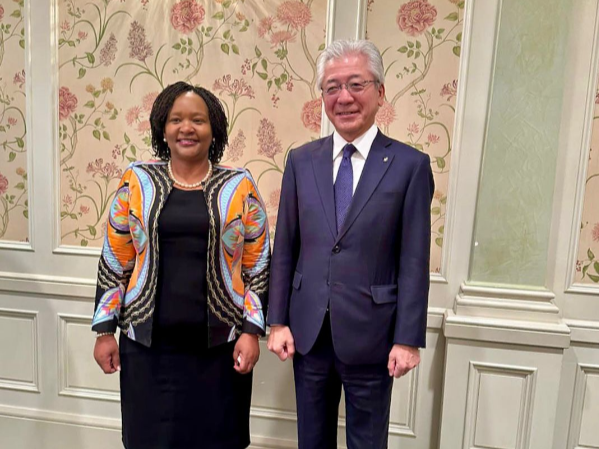
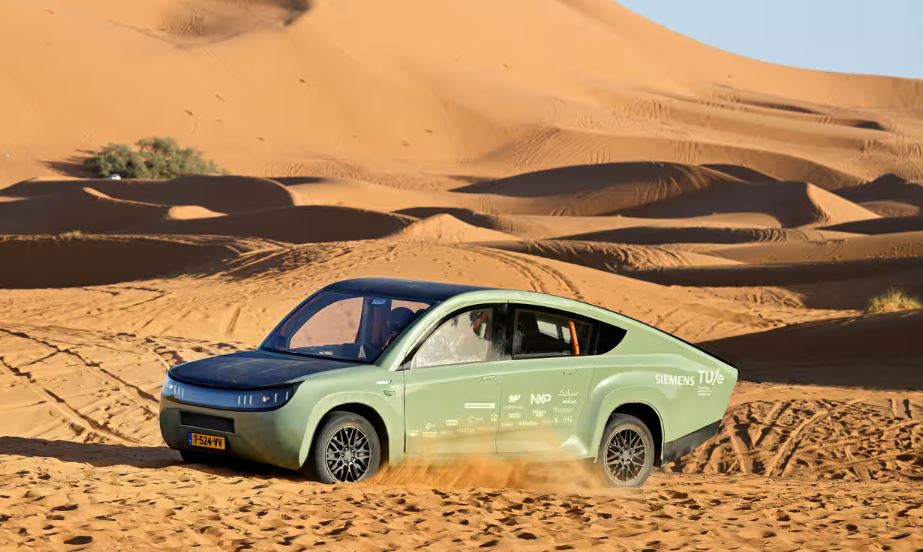
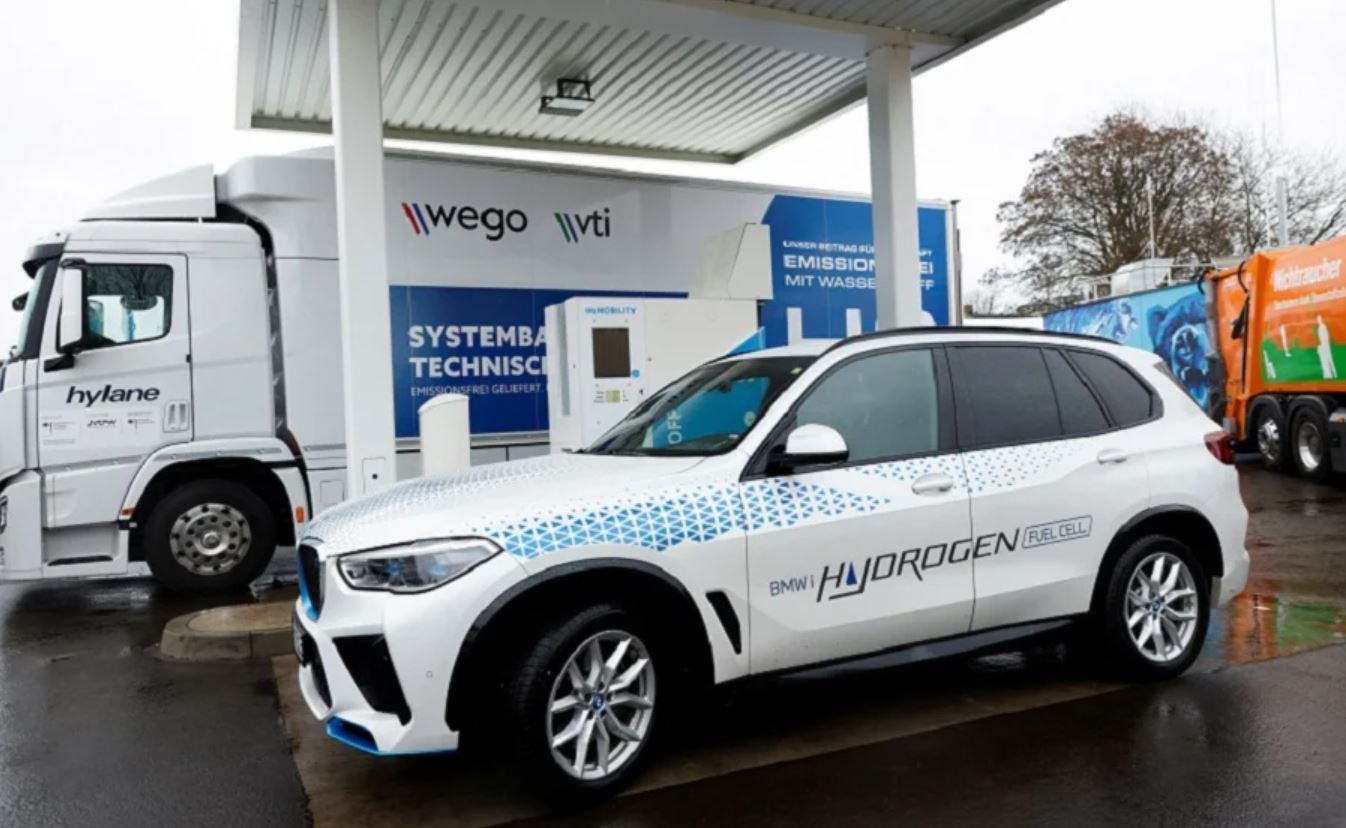


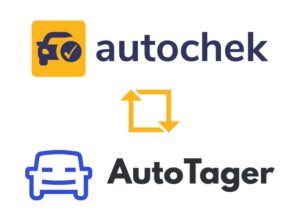

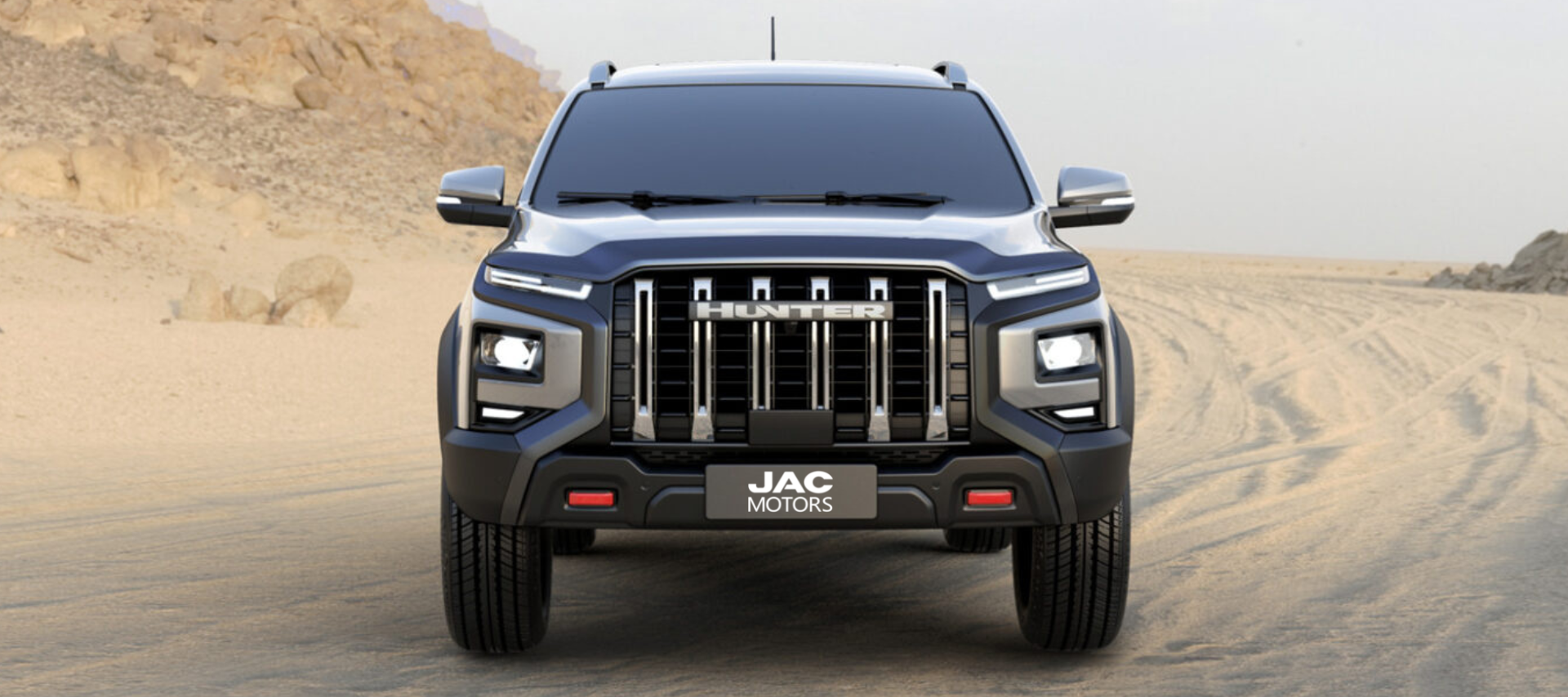
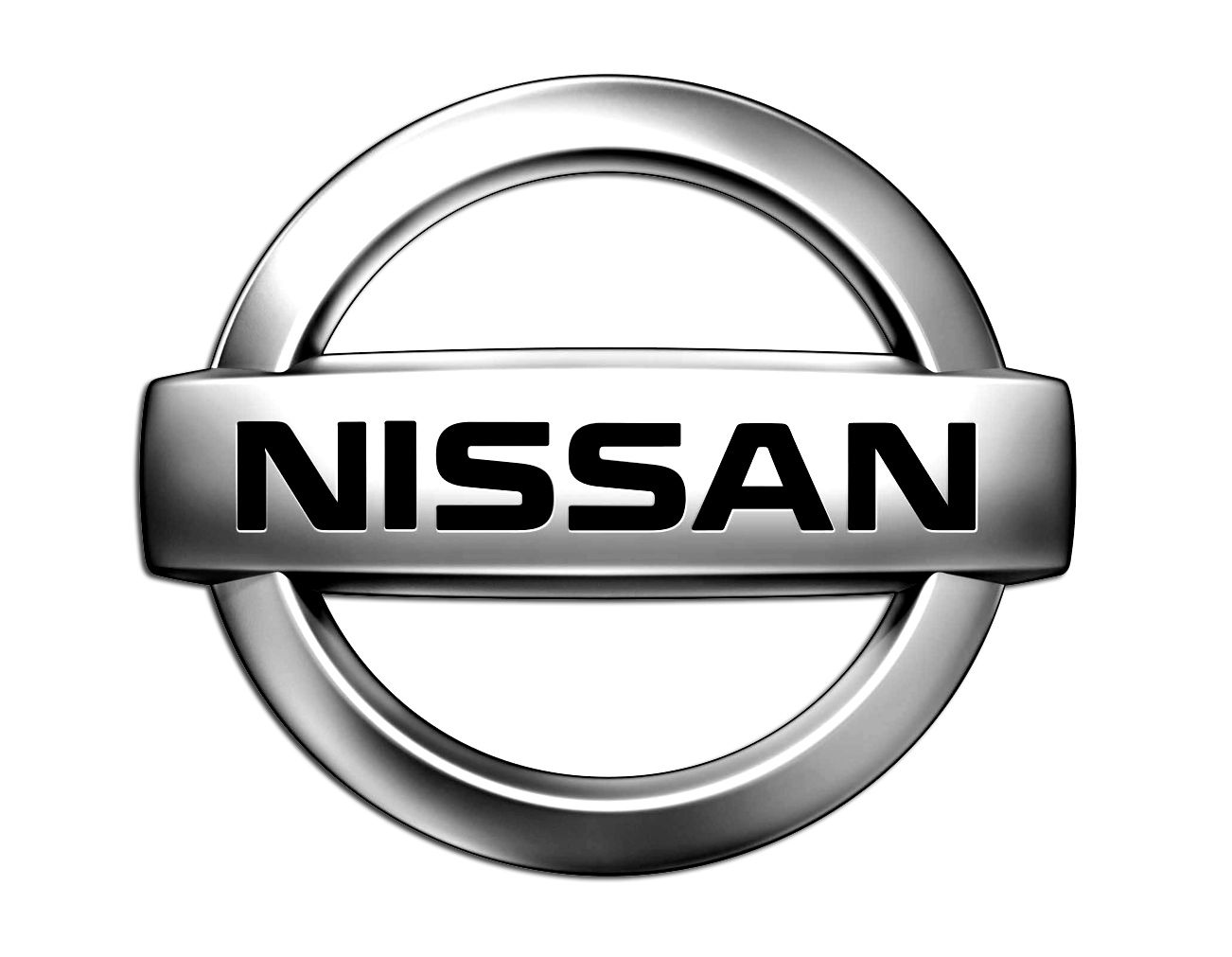

 Nissan would be alongside other industry leaders and regulatory bodies at the Kyalami International Convention centre for the five-day event. The Japanese brand aims at showcasing its state-of-the-art vehicles and will participate in panel discussions around sustainability and the future of the African automotive manufacturing industry.
Nissan would be alongside other industry leaders and regulatory bodies at the Kyalami International Convention centre for the five-day event. The Japanese brand aims at showcasing its state-of-the-art vehicles and will participate in panel discussions around sustainability and the future of the African automotive manufacturing industry.